Digitising Tanzania's Legislation: A Collaboration Between Laws.Africa and Tanzania's Attorney General's Office
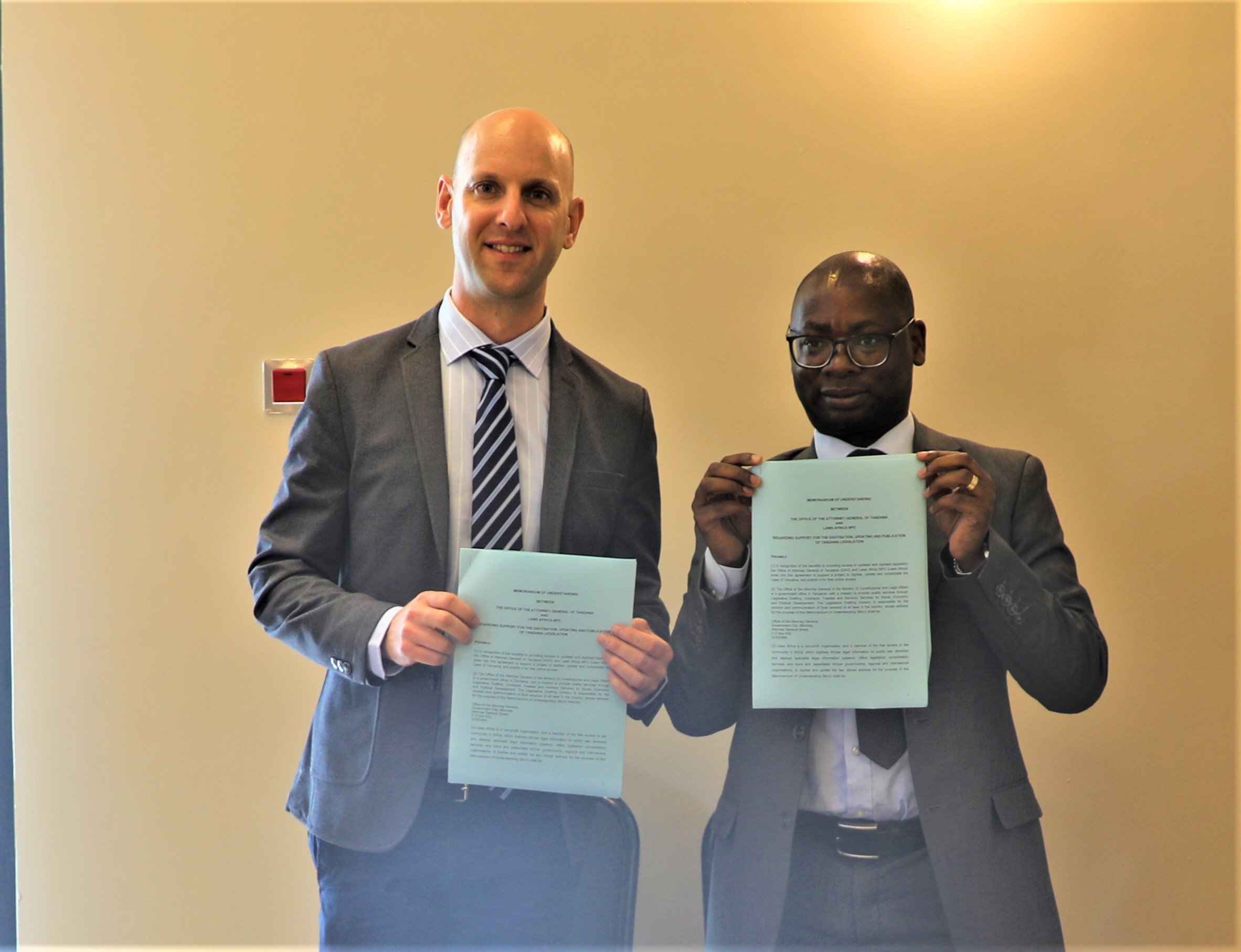
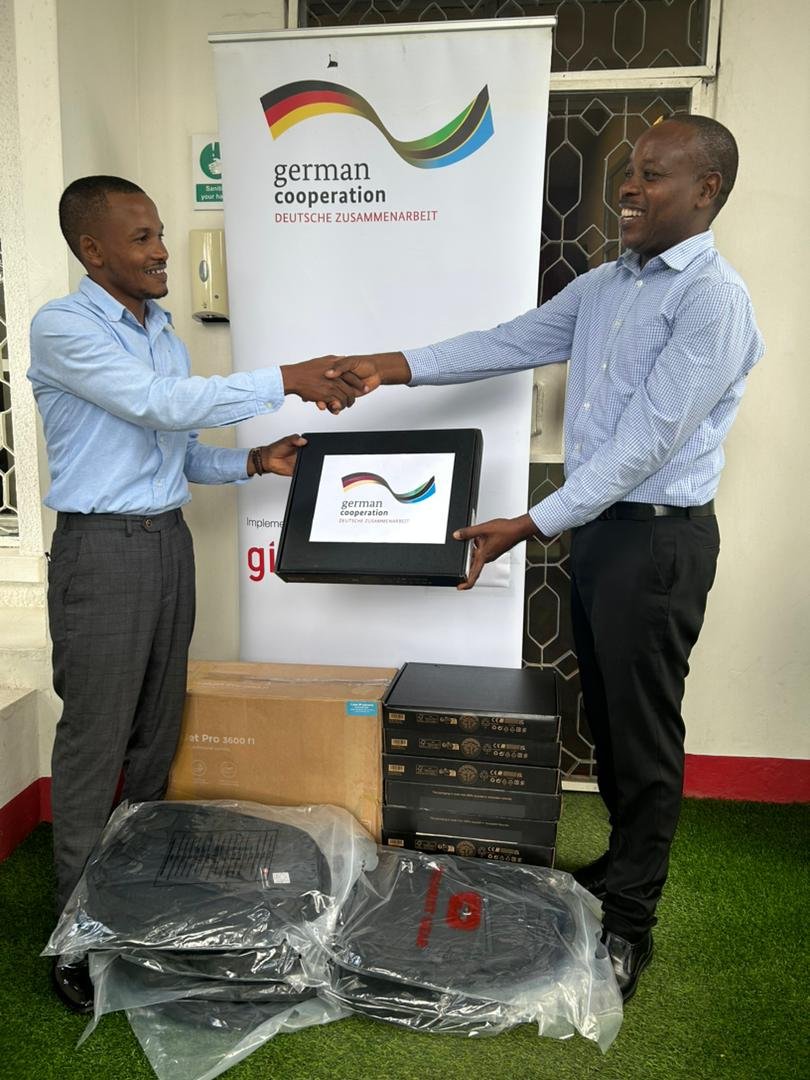
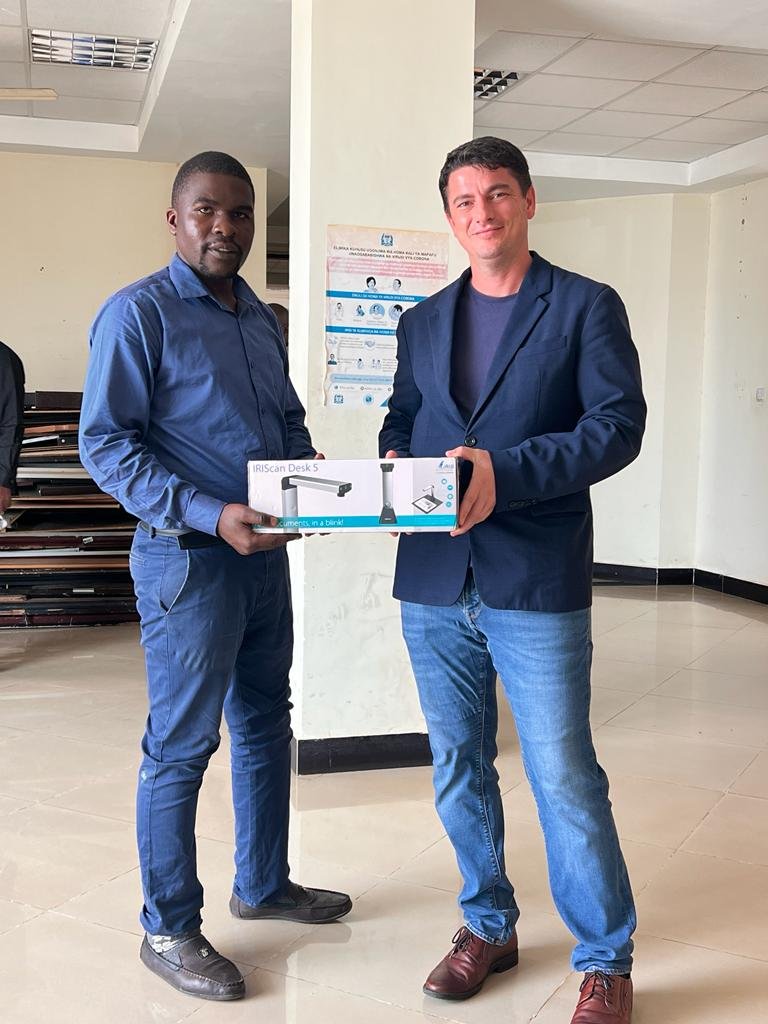
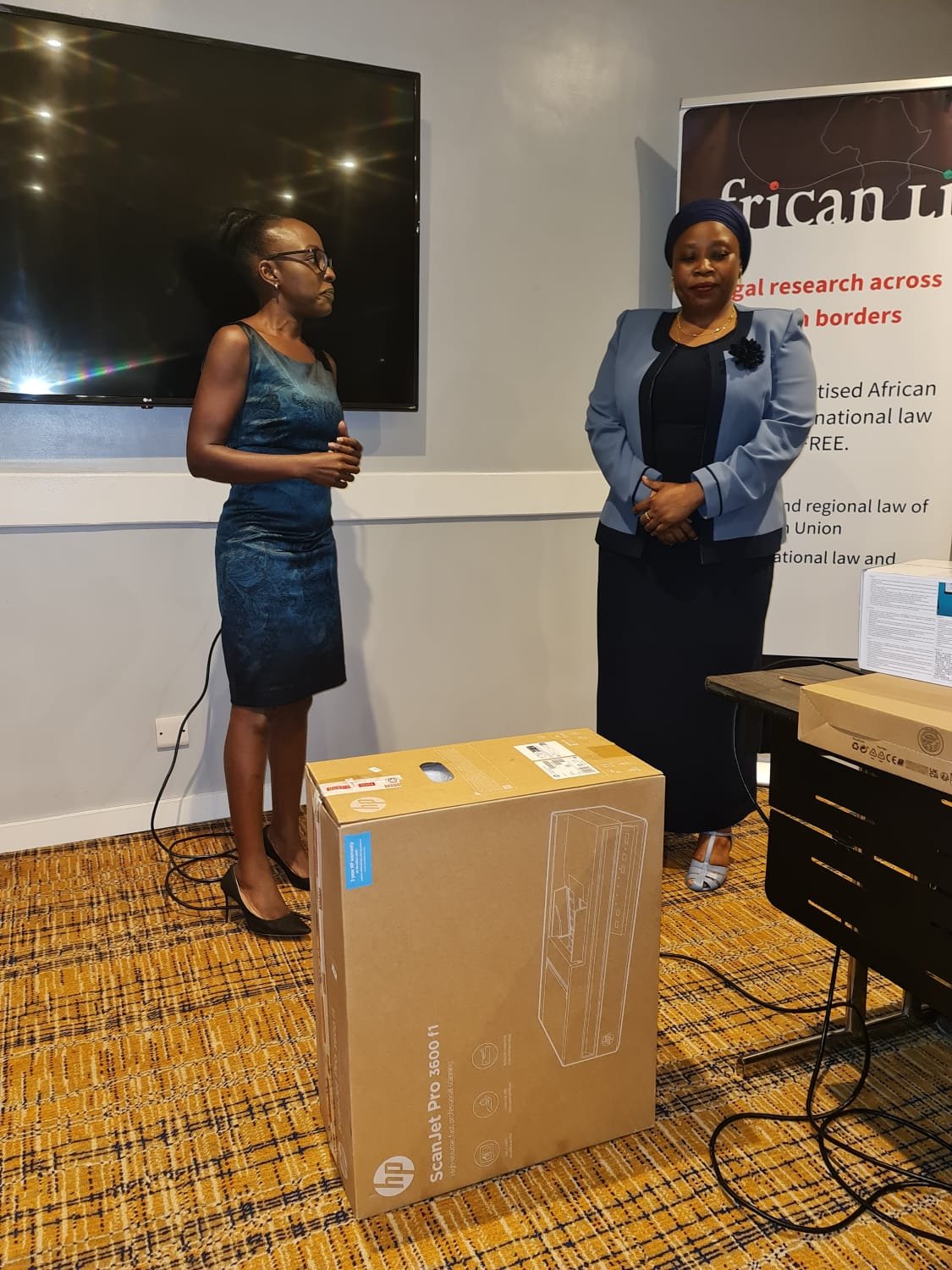
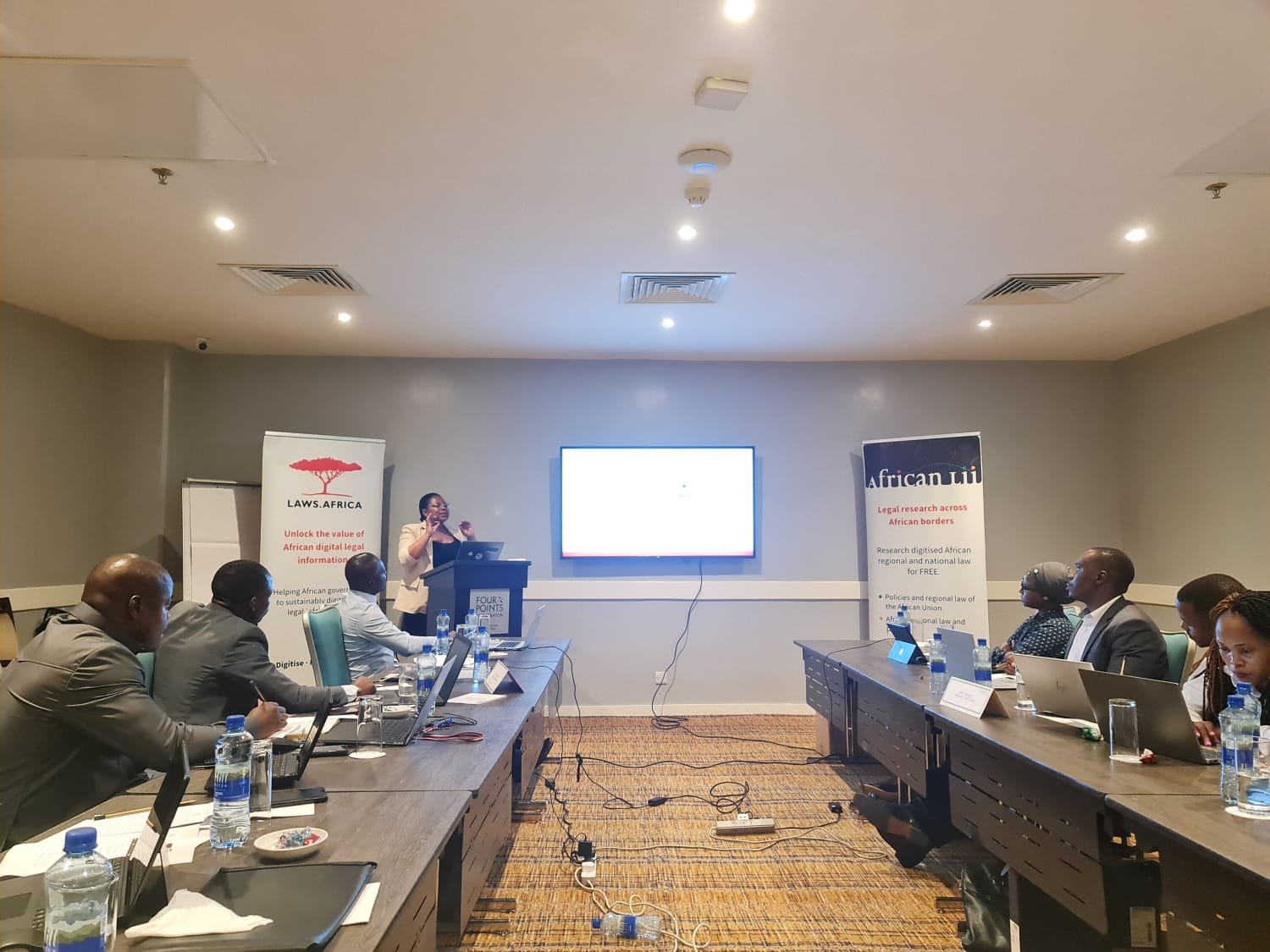
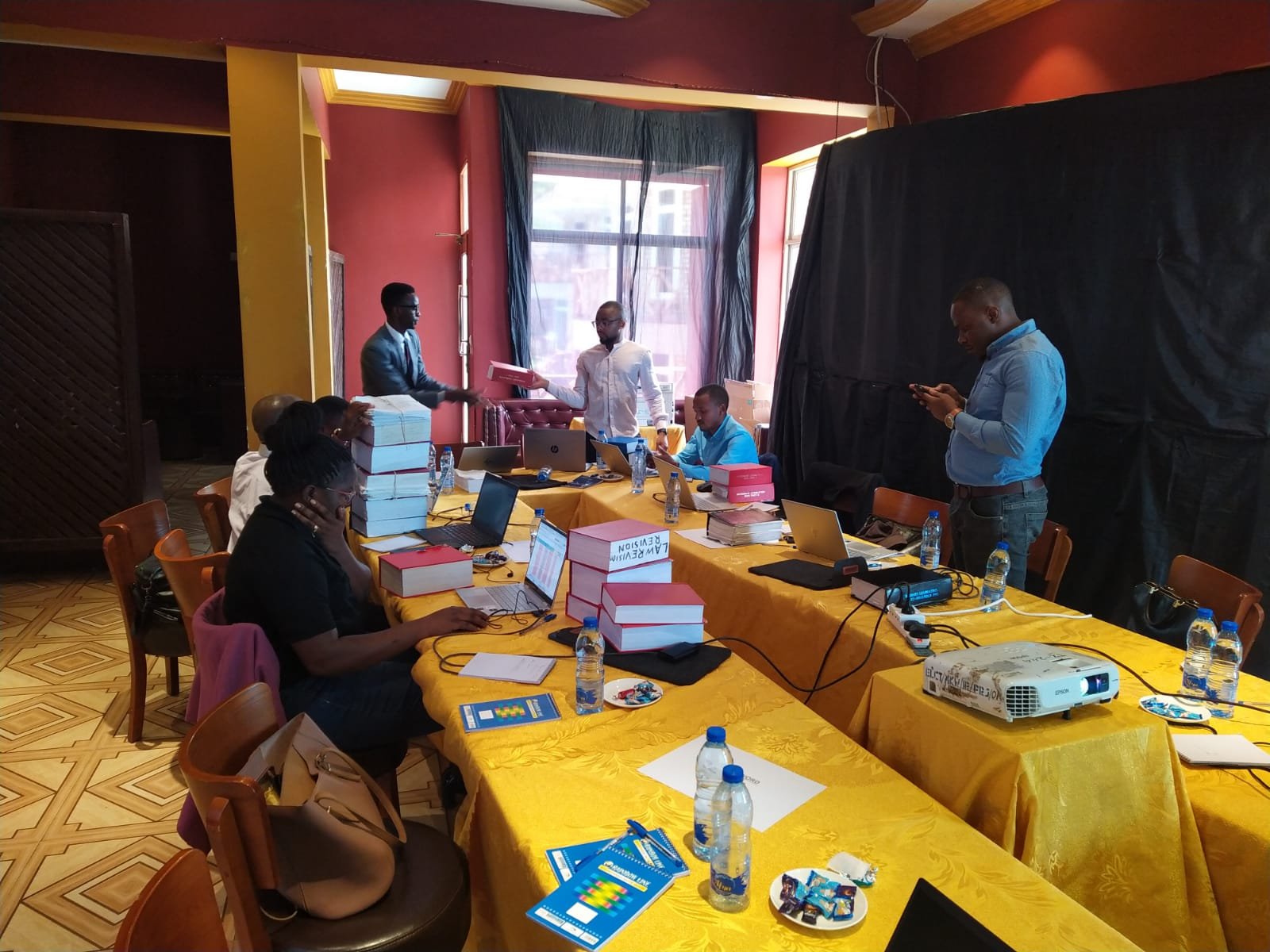
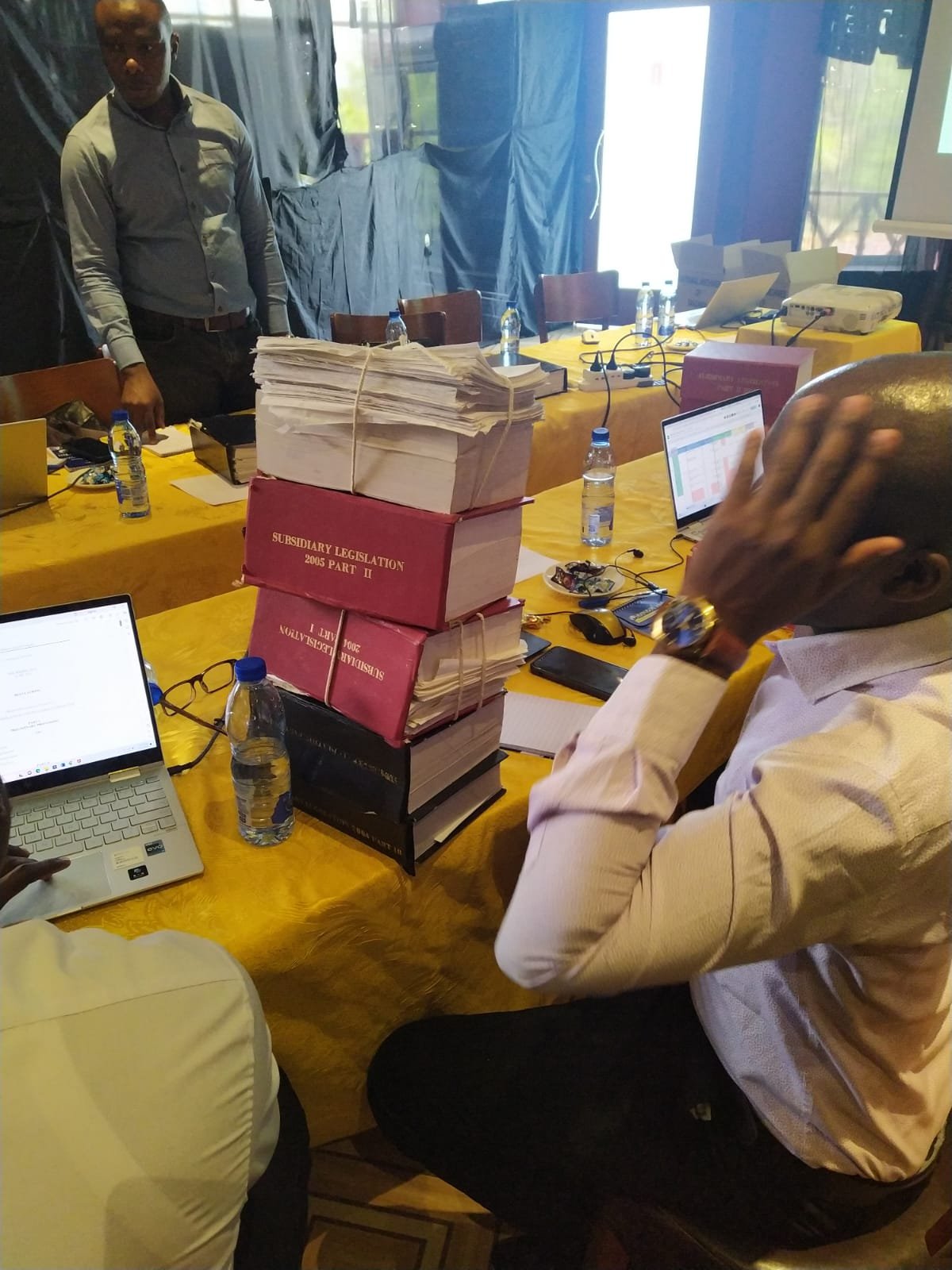
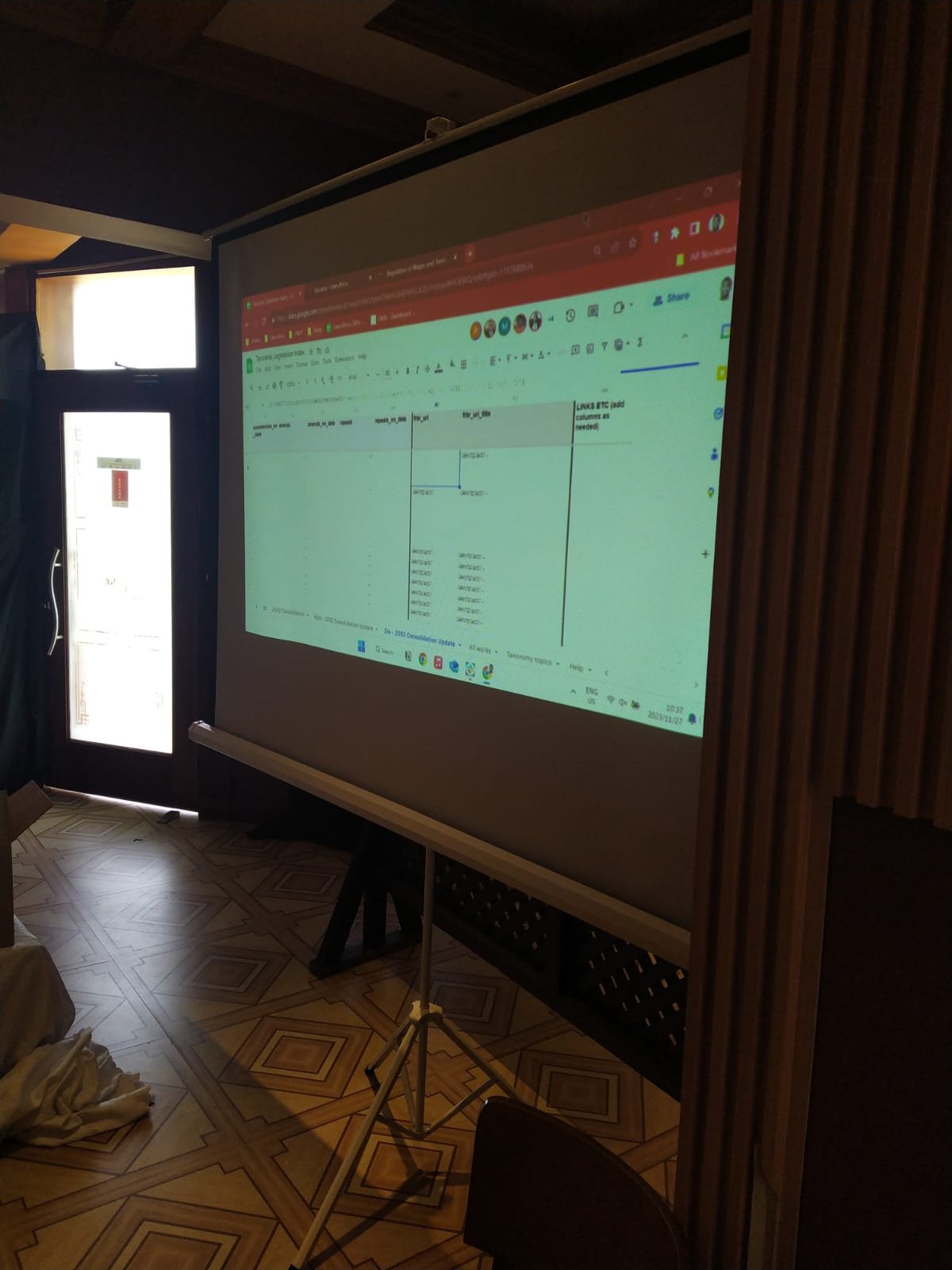
Introduction
Tanzania's efforts to keep its legal statutes updated have been hindered by financial and logistical challenges, leading to a lack of systematic law revisions. This case study examines the innovative partnership between Laws.Africa and Tanzania's Attorney General's Office – Chief Parliamentary Draftsman, focusing on the Open Law Africa membership programme and its implications for digitisation of the law in African countries and beyond.
Background and Challenges
The project addressed a critical need in Tanzania's legal landscape: the regular updating of legal statutes, a requirement of the Laws Revision Act, was impeded by paper-based editorial practices and financial constraints. This gap in legal updates hindered public access to current laws and legal transparency.
The Indigo Legislation Platform
Laws.Africa's Indigo Platform is central to this initiative. As a sophisticated digital tool, it facilitates the efficient and accurate updating of legal texts. By adopting this technology, the project aims to transform the accessibility and reliability of legal statutes in Tanzania.
The Indigo Platform is a cloud-based editor that helps legislation editors import, consolidate and publish legislation so that it's easier to read, work with and understand. Partners are able to publish beautiful legislation for the web, download and print. Indigo takes care of formatting for, letting editors focus on the important parts: content and structure.
Memorandum of Understanding (MOU) and Collaborative Framework
A detailed MOU between the collaborating parties outlines the project's scope, objectives, and commitments. This includes the specific goals of the digitisation process, bilingual publication of laws, and ongoing capacity building for local drafters. The MOU ensures adherence to ICT standards and the sustainability of the project. The MOU was signed at an implementation workshop in Dodoma, Tanzania on 14 July 2023.
Progress and Workshops
Significant strides have been made since the collaboration began in July 2023:
Initial Training and Digitization Effort
In November 2023, Laws.Africa and AfricanLII hosted a workshop to train legislative drafters in using the Indigo platform and on proper scanning and OCRing techniques. This workshop was the starting point for the digitization project.
Legislation Digitization and Indexing Workshop
Sponsored by GIZ in December 2023, this seven-day workshop in Iringa, Tanzania involved 11 drafters working alongside Laws.Africa's editorial team. They focused on capturing and updating laws enacted since 2002, achieving approximately 40% digitization of the legislation corpus.
Ongoing Digitization Efforts
Laws.Africa's team has processed all the laws from the 2002 consolidation, laying the groundwork for updating the database to reflect current legislation. This process involves both the digitization of new laws and the integration of amendments into existing laws.
Capacity Building and Local Involvement
A key aspect of this project is building local capacity. Tanzanian legislative drafters are being trained not only in the technical aspects of digitization but also in maintaining and updating the digital database. This training ensures the sustainability of the project and fosters local ownership.
The Role of GIZ in Supporting the Project
The Deutsche Gesellschaft für Internationale Zusammenarbeit (GIZ) GmbH Corporation for International Cooperation GmbH) has played a pivotal role in this project. Initially, GIZ's support was crucial in facilitating the foundational workshops and providing the necessary technological resources. The project is significantly supported by GIZ, providing resources such as laptops and scanners, and funding the scanning of the Tanzania Gazette. This external support is crucial for this digitization project. Going forward, GIZ continues to offer support, including funding for further digitisation efforts and additional training for Tanzanian professionals.
Challenges and Future Goals
While progress has been substantial, challenges remain, particularly in digitizing and indexing the vast number of subsidiary legislations. The goal is to have a fully updated digital database by July 2024, with a significant portion of post-Independence legislation digitized by March 2025.
The entire legislation collection will be published on the website of the Office of the Attorney General and the CPD, as well as on Tanzania’s premier free legal portal - TanzLII
Sustainability and Local Empowerment
Sustainability and local ownership are key pillars of this project. Through training and empowerment of Tanzanian professionals, the initiative aims to establish and environment to support the long-term viability of the legislation digitisation activities within the Office of the Chief Parliamentary Draftsman of Tanzania.
The Open Law Africa Programme
Alongside the Indigo Platform, the Open Law Africa programme plays a crucial role. Open Law Africa is a programme of Laws.Africa and AfricanLII.org that provides African governments with the technology, skills, guidance, peer support and capacity building to independently own and publish their primary legal information.
Future Directions and Conclusion
As the project progresses towards its March 2025 conclusion, the focus remains on completing the digitisation of all relevant legislation and expanding the professional capacity of Tanzanian legislative drafters. The successes achieved thus far demonstrate the potential of this model to transform legal systems in Tanzania and beyond. This initiative stands as a valuable example for other countries
